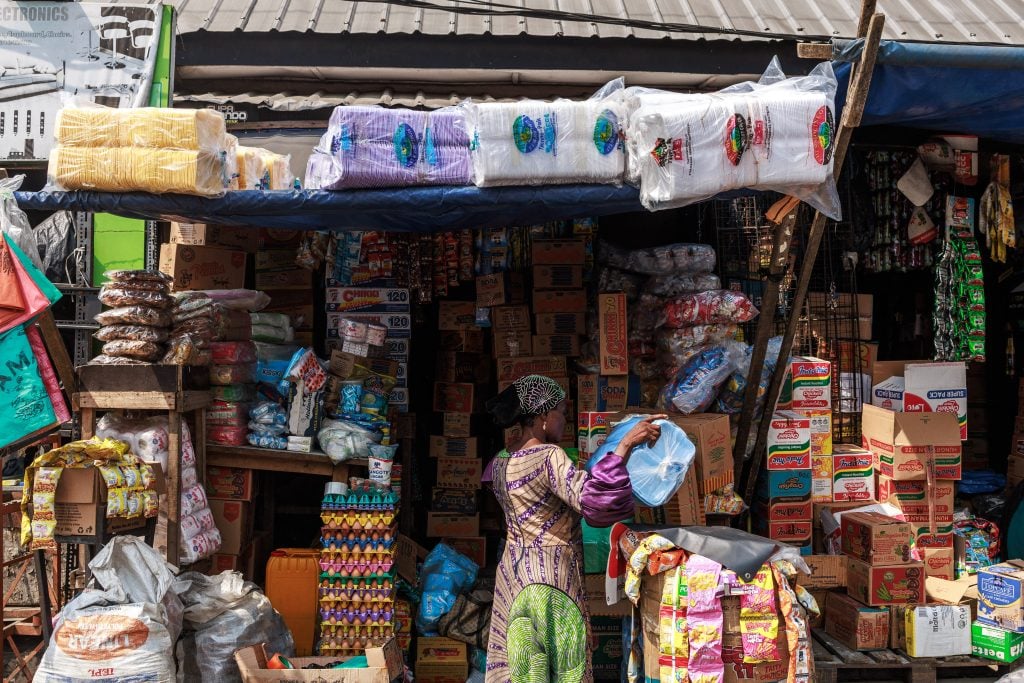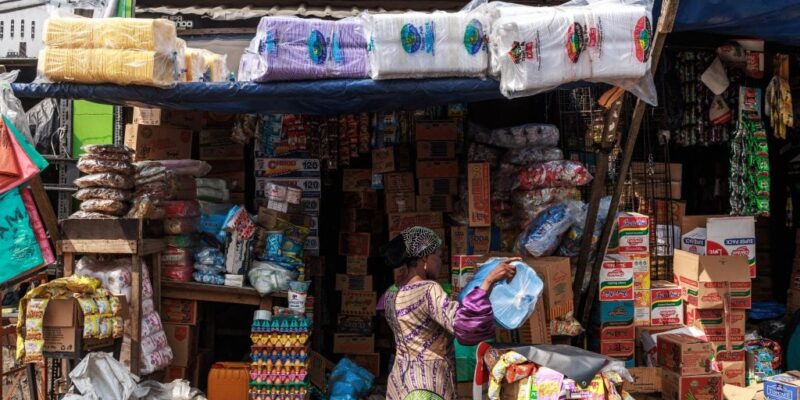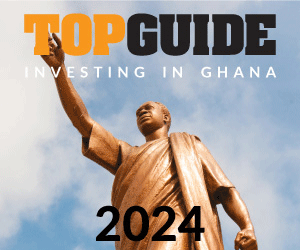
The African Export-Import Bank (Afreximbank) is ramping up its efforts to tackle a key hurdle for businesses operating on the continent: verifying the trustworthiness of potential trading partners. Traditionally, verifying the identity and financial health of a prospective business partner requires a lengthy and complex due diligence process.
This challenge is amplified in Africa, where due diligence can be difficult or expensive to come by due to the diverse business landscapes across its 54 United-Nations-recognised countries and the scarcity of reliable data on African entities.
Recognising this bottleneck, Afreximbank is intensifying efforts to streamline due diligence procedures in Africa by investing in the continued growth of the MANSA Digital Initiative – a customer due diligence online repository that became operational in 2020 and that has in less than five years grown into a trusted database with reliable information on more than 20,000 distinct African entities.
MANSA acts as a central hub for verified information on African businesses, including banks, corporations, and small and medium-sized enterprises (SMEs). This one-stop shop has significantly simplified and expedited the due diligence process for businesses looking to trade with partners across the continent, says Maureen Mba, head of the initiative.
On the sidelines of the Afreximbank Annual Meetings in the Bahamas, Mba tells African Business that MANSA exists to eliminate the globally-perceived risk of doing business in Africa, reduce information asymmetry, reduce huge compliance costs and bolster investors’ confidence in the continent. “The purpose of MANSA is to address the challenges that impede trade growth in Africa, particularly where they relate to customer due diligence (CDD) and know-your-customer (KYC) matters,” she notes.
Knowing everything you need to know about your trading partner is essential to establish a confident relationship and prevent scamming or other criminal behaviour, she explains. Mba elaborates that CDD and KYC tools embedded in the MANSA portal help financial institutions and other entities assess and verify customer identities, prevent money laundering and terrorism, and understand the risk profile of a prospective partner.
Delivering all you need to know
Discussing the kind of information MANSA holds on African entities, she outlines five distinct categories. “The first one is identification. Who you are, where you’re located, your email address, and so on and so forth. The second speaks to ownership: the shareholders, the board; management.”
“The third speaks to the type of business, the business sector,” she says. The fourth deals with anti-money laundering (AML) questions. “We have about 40 or 60 AML questions for financial institutions. Then for the corporates and SMEs we have about 20 to 30 questions,” she says. Typical questions cover subjects such as whether you are sanctioned or politically exposed.
The fifth category includes financial information and, crucially, financial statements. Mba admits that it’s a rigorous process. This has, however, not proved to be a barrier to entry: more than 20,000 entities have joined in the past four years. Around 76.5% are SMEs. Corporates constitute 21.74% and financial institutions 1.75%.
Partnerships and incentives
When we ask her about the secret sauce behind MANSA’s success barely half a decade into its launch, she is quick to give credit to the strategic partnerships that Afreximbank has forged with different players in the financial industry and beyond.
“We have around 340 financial institutions,” she explains. “Financial institutions onboard themselves, while for SMEs, we partner with trade ministries, chambers of commerce, and stock exchanges to get verified data and onboard them.” She emphasises the crucial role of African central banks in propelling MANSA’s growth. “Today MANSA has been recognised and adopted by the Association of African Central Banks as a Pan-African due diligence platform.”
These partnerships ensure the information on MANSA is verified by third parties for authenticity, accuracy, and credibility. This, in turn, provides comfort and trust to businesses seeking reliable due diligence information on potential trading partners, notes Mba.
“For you to put your information on the platform it’s free, but for you to consume the information on the platform, you pay a fee.” This creates an incentive, since having a profile on MANSA opens a world of opportunities.
“Once you are verified on MANSA, you are automatically allotted an AEI code, our own African Entity Identifier, which is an equivalent of the LEI or Legal Entity Identifier. That gives you the opportunity to leverage the bank’s other products. Today, before you can use the PAPSS system, you must be MANSA verified,” she remarks.
The Pan-African Payment and Settlement System (PAPSS) was launched in 2022. It works in real time, enabling the swift and efficient flow of money securely across African borders. Afreximbank, as the main settlement agent for PAPSS, provides settlement guarantees on the payment system and overdraft facilities to all settlement agents, in partnership with Africa’s participating central banks.
Since its launch in January 2022 PAPSS has gained traction with 13 central banks, 10 payment switches, and over 120 commercial banks signing up. It has partnered with pan-African group banks to expand its reach across the continent. The Caribbean countries, which have already signed agreements with Afreximbank, are slated to roll out PAPSS by the fourth quarter of the year.
Beyond diligence for women and SMEs
Afreximbank’s MANSA platform is proving to be more than just a due diligence tool, Mba says. She highlights the platform’s role in providing African businesses with access to learning opportunities, networking events, and capacity-building programmes, particularly for women-led businesses and SMEs.
Mba acknowledges that many women entrepreneurs initially approach Afreximbank solely seeking funding. However, she emphasises that MANSA goes beyond financing.
“We organised a webinar in 2022 with Canex, our creative hub, and the bank’s SME incubation programme… We offered guidance on structuring businesses, establishing boards with independent directors, and creating a sustainable foundation for future expansion. This training has helped SMEs become stronger and break out of their comfort zones,” Mba noted.
Evolving into something bigger
While its core strength remains CDD and KYC checks, MANSA has grown significantly in recent years beyond these initial functionalities. “We want to be known for more than just KYC and CDD,” Mba explains. “That’s why we’ve expanded to offer a suite of features designed to empower businesses” to make informed decisions, she says.
“Invest in Africa” provides information on African countries, including their economic advantages, currencies, and GDPs. “For those seeking even deeper insights, Invest in Africa connects you to our Trader Intelligence platform for further exploration.”
A “news & events” pillar ensures that users stay informed. But MANSA’s ambitions reach beyond information provision. “We’ve actually moved from being a pan-African repository and are now venturing into other compliance services and managed services.” These additional services include sanctions screening, checks on politically exposed persons, adverse media reports analysis, and even advisory consultancy services, she says.
Another valuable feature of the platform is the white-labelling facility. This allows MANSA-verified entities to sell their products to global players under a “white” or “all clear” label.
“When you look at exports from Africa, they are mainly raw materials and commodities,” Mba notes. “Manufacturing contributes just a minute percentage and the bank sees it as a big challenge. How do we now drive value addition? How do we now start industrialising our countries?”
MANSA is named after Mansa Musa, the emperor of Mali in the 1300s, who is credited with opening up trade across Africa and believed to be the only person ever to fully control the flow of gold between Africa and the Middle East and beyond. He is still seen as the richest man who has ever lived.










Comments